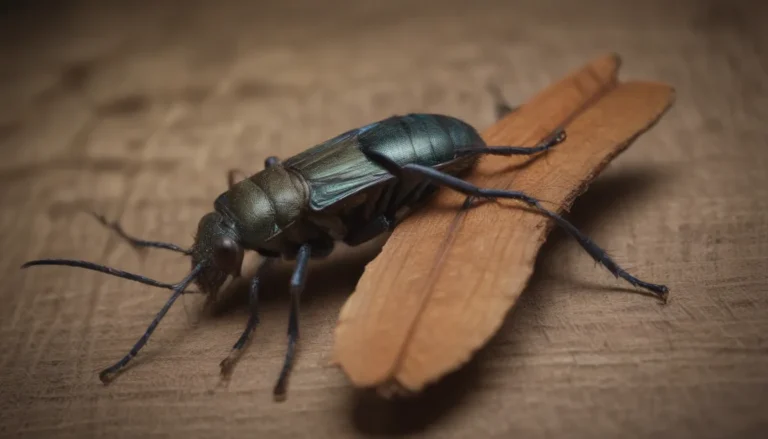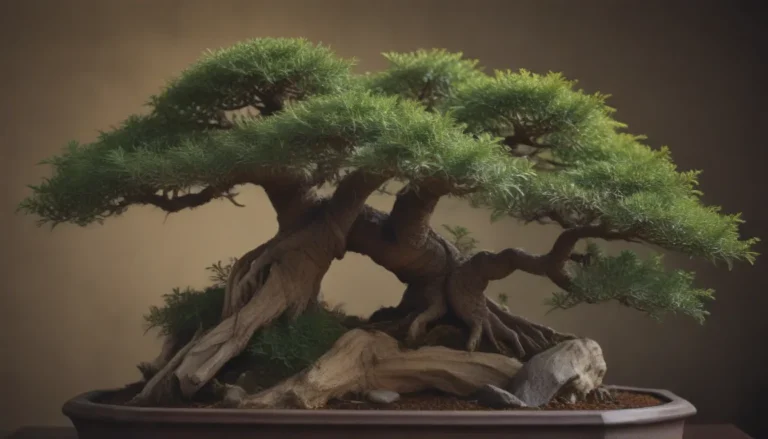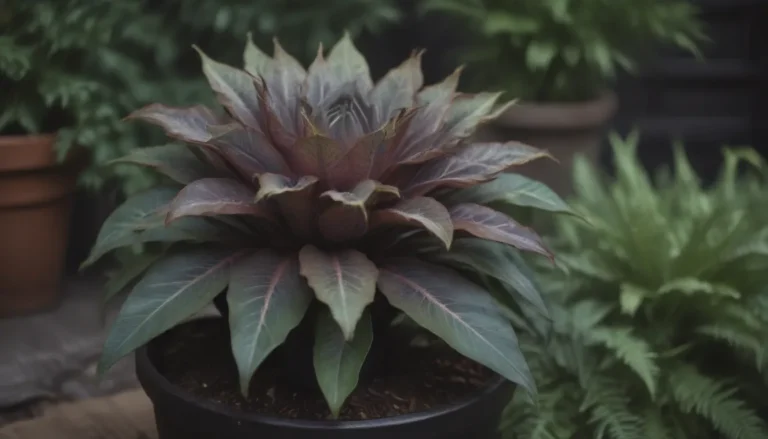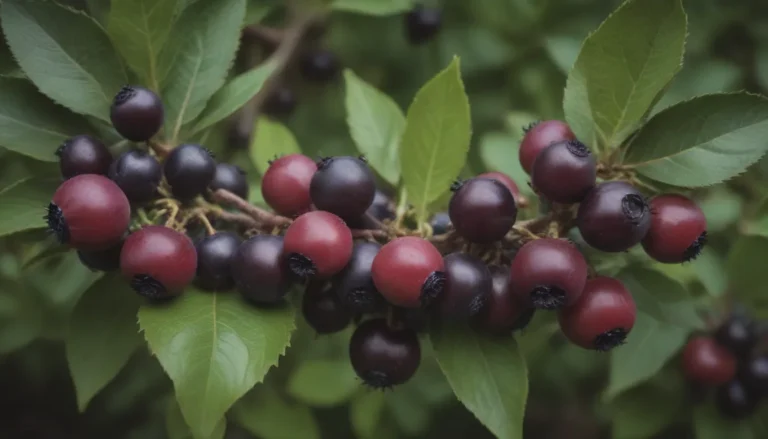Everything You Need to Know About Seed Types and How to Choose the Perfect Seeds to Grow
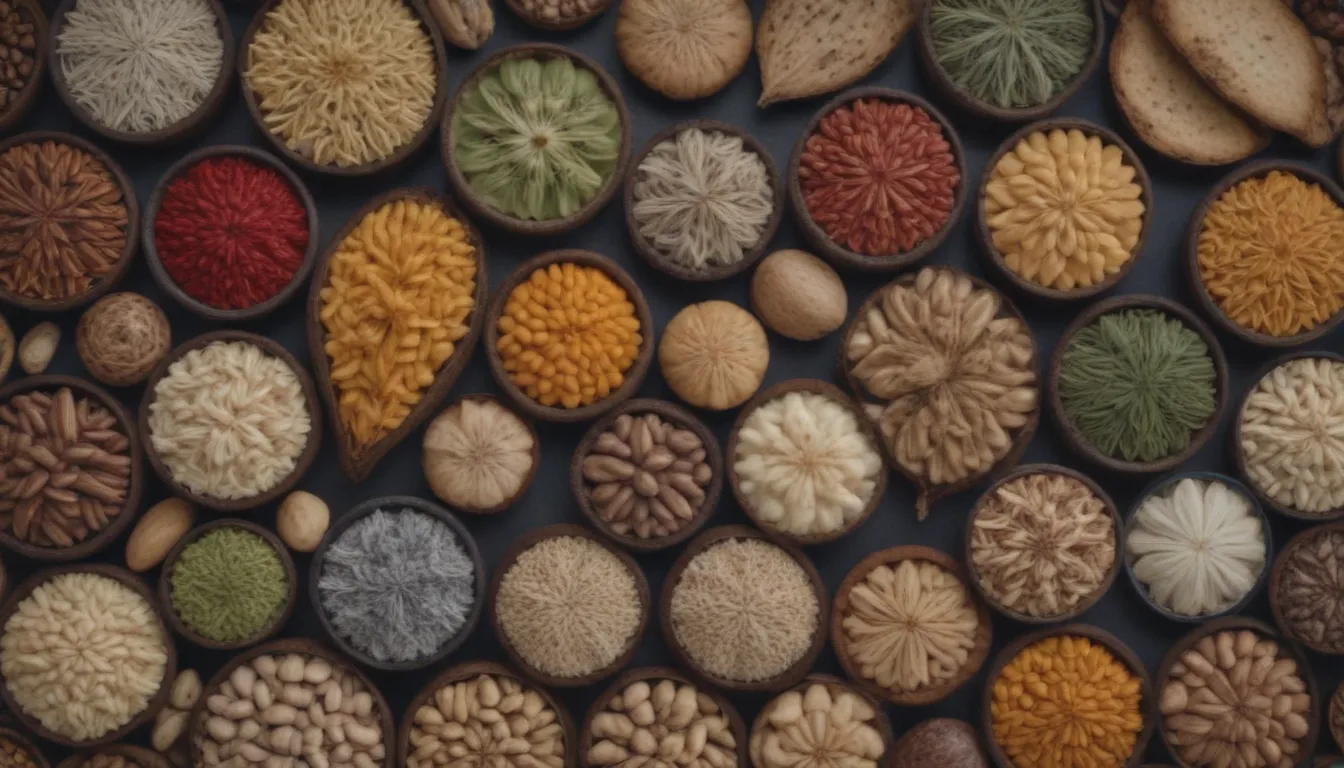
Are you tired of feeling overwhelmed when reading the information on a seed packet? Choosing the right seeds for your vegetable garden or flower beds can be a daunting task. Whether you’re planning to start seeds indoors or directly sow them into your garden, selecting the best seed variety is crucial for achieving successful results. To help you navigate the world of seeds, let’s take a closer look at the different types of seeds and terms commonly found in seed catalogs.
Exploring Heirloom Seeds
When it comes to choosing seeds, one term that you may come across is “heirloom seeds.” Experts may not always agree on the exact definition of heirloom seeds, but one thing is for sure – these seeds have been passed down from generation to generation to produce older cultivars. Heirloom plants are open-pollinated, meaning that they produce seeds that are well-suited for saving. When you plant heirloom seeds, you can expect the resulting plant to be similar to its parent. These seeds are often associated with specific geographic regions where they excel in performance, flavor, or appearance.
A few examples of heirloom seed varieties include:
– Black Krim Tomato
– Kentucky Wonder Bush Green Beans
– Chinese Long Beans
– Black Velvet Nasturtiums
– Fizzy White Cosmos
Understanding Open-Pollinated Seeds
Open-pollinated seeds are another type of seed that you may encounter. These seeds are formed through pollination by various agents such as insects, birds, wind, or even humans. Open-pollinated seeds are ideal for gardeners who are interested in seed saving, as the plants possess stable traits that can be passed down from one generation to the next. While open-pollinated heirloom seeds produce plants that are similar to each other, they may not be as uniform as hybrids. This genetic diversity allows plants to gradually adapt to their local growing conditions.
Deciphering Hybrid Seeds
The majority of flower and vegetable seeds available to home gardeners are hybrids. It’s important to note that hybrids are not the same as genetically modified seeds. Hybridization can occur naturally through random crosses, but commercially hybridized seeds, often labeled as F1, are intentionally created to exhibit desired traits such as larger blooms or vigorous growth. Hybrids are the result of controlled cross-pollination between two plant varieties. While vegetable plants grown from hybrid seeds are usually high-yielders, the seeds produced by these plants are genetically unstable and may not produce fruit or flowers at all. Unlike heirlooms, saving seeds from hybrids will not yield consistent results in the next generation.
Some examples of hybrid seed varieties include:
– Silver Queen Corn
– Riverside Spinach
– Prizm Kale
– Oktoberfest Calendula
– Carmine Velour Petunia Wave
Introducing Organic Seeds
Organic seeds are seeds harvested from plants that were grown without the use of non-organic pesticides. These seeds are certified by the National Organic Program (NOP) under the United States Department of Agriculture (USDA). Organic growers who sell produce or flowers are required to use organically produced seeds and are prohibited from using GMO seeds.
Unraveling GMO Seeds
Genetically modified seeds (GMOs) are engineered to modify a trait in a plant to make it more desirable, such as pest or herbicide resistance. It’s important to note that seeds marketed for home garden use are not genetically modified. GMO seeds are only available for nine commercially-grown crops, including corn, soybeans, canola, papaya, cotton, alfalfa, sugar beets, squash, and rice.
Finding the Best Seed Type for You
With so many seed types to choose from, selecting the right one can be a challenge. The best seed type for you will depend on your specific preferences and gardening goals. Here’s a quick overview of the different seed types to help you make an informed decision:
- Hybrid Seeds: These seeds produce robust plants with desirable traits but cannot be saved for future use. You will need to purchase new seeds each year.
- Heirloom Seeds: By planting heirloom seeds, you can help preserve the genetic diversity of historic plants and share seeds with others.
- Open-Pollinated Heirloom Varieties: These seeds allow you to save and share seeds while knowing what type of plant they will produce.
When selecting seeds for your garden, consider factors such as the growing conditions in your area, the desired traits in your plants, and whether you plan to save seeds for future plantings.
In conclusion, understanding the different types of seeds available and their characteristics can help you make informed decisions when selecting seeds for your garden. Whether you choose heirloom, open-pollinated, hybrid, organic, or GMO seeds, each type has its unique qualities and benefits. By choosing the right seed variety for your garden, you can set yourself up for a successful and rewarding growing season. Happy planting!
